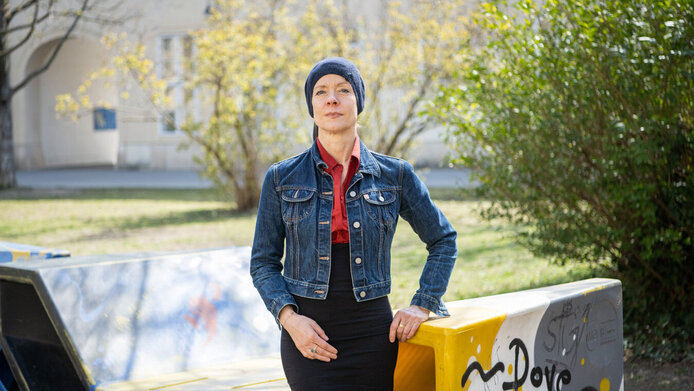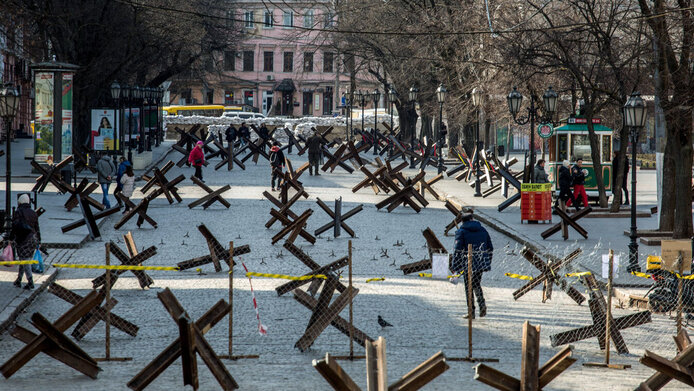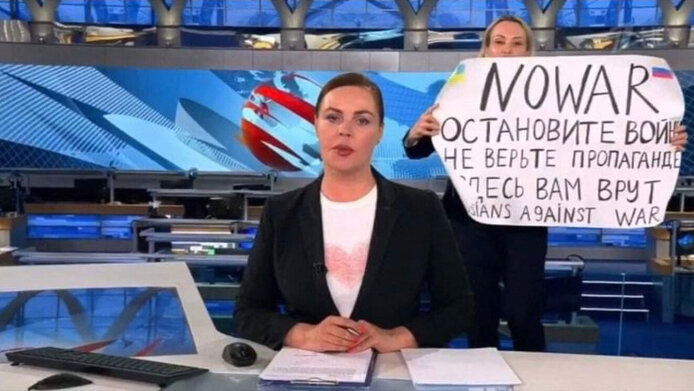At the time, Russia paid particular attention to the West's reaction, and there were no noticeable consequences. “In recent years, Putin has felt at the apogee of power,” Jobst notes. There were “successful” campaigns in Syria, the new US president Joe Biden was considered to present little danger, and the world has been preoccupied with the coronavirus pandemic for two years. Jobst considers that all of these factors have played a role: “Putin took advantage of this window of opportunity.”
Where Ukraine's fighting spirit comes from
The historian is convinced, however, that the Russian head of state misjudged a number of factors. For one thing, Putin underestimated the resistance put up by Ukraine. But where does their fighting spirit come from? It’s all in the name. Ukraina means, inter alia, “borderland”. In geographical and topographical terms, Ukraine is an area that is easy to traverse, where people have always met, done trade with each other, fought battles and then moved on again. Another factor is protonationalism, a factor that has been developing in Ukraine since the early modern age. This development is universal. “A nation does not simply spring into being, nor does it last forever,” says Jobst. The Roman emperors, for example, had a different idea of what Germany was than we have today. The term “Austria” has also undergone a major change of meaning in the course of history. Our way of relating to such national constructs has changed over time. The collective construction of affiliation with a major group is a complex process, and it is sometimes accelerated by disastrous events such as enemy invasion. This is what is happening in Ukraine right now, and Jobst feels certain that “nothing else would have given a greater boost to Ukrainian national consciousness than this unjust war waged by Putin.”








